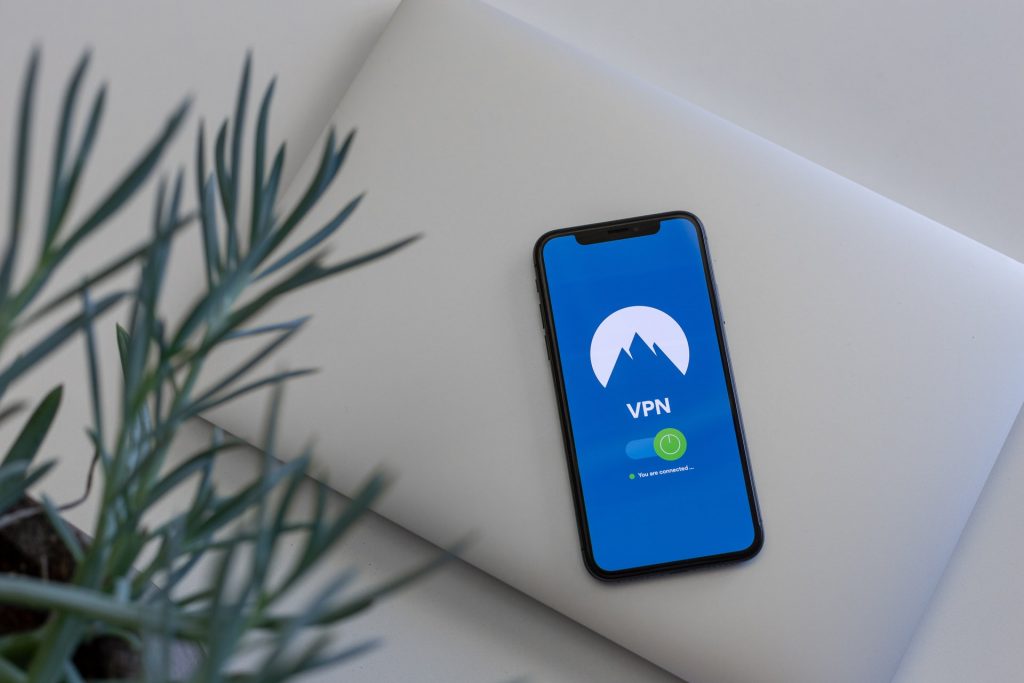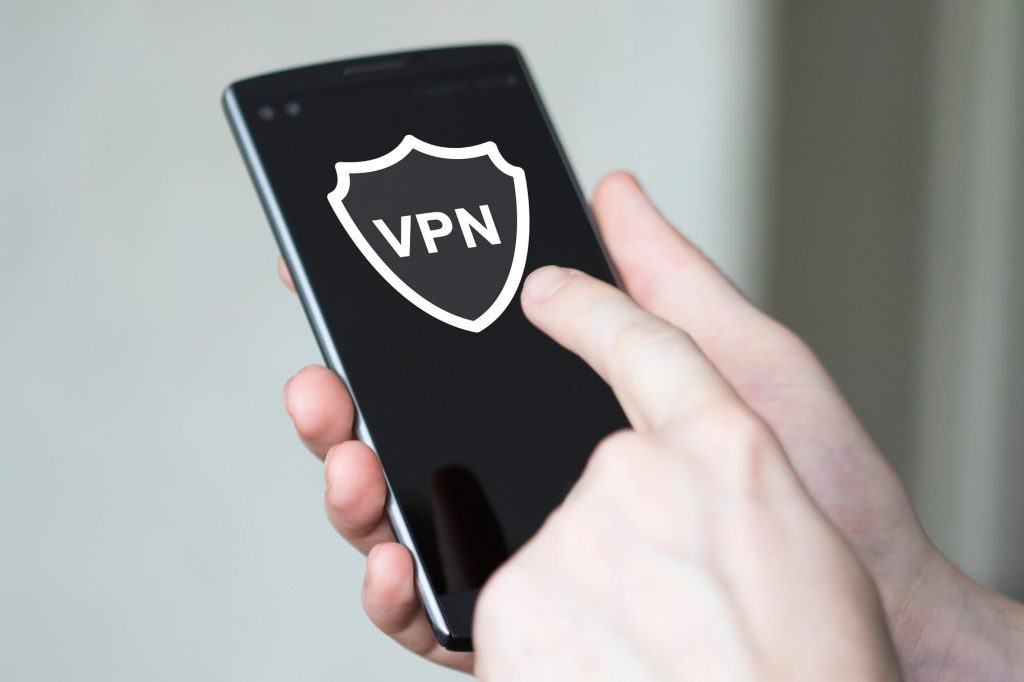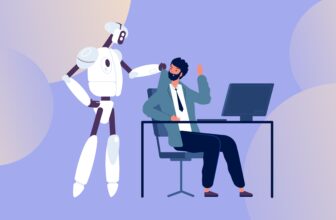
The Internet is a dangerous place, teeming with scammers, hackers, and all sorts of malefactors that are out to steal your data and even your identity at times. On the other end, there is the threat of invasive surveillance from governments, organizations, and agencies.
The threats to privacy are only increasing with technology advances and the digitization of our lives. These developments have elevated the importance of privacy-preserving solutions, the most popular of which are VPNs.
Unfortunately, it’s hard to place trust in any VPN provider seeing how some of these have been involved in data scandals in the past.
Nonetheless, if you’re careful in picking the right VPN for your needs, then a VPN can be a very effective first line of defense for protecting your privacy and promoting anonymity on the web.
For example, we recommend using PureVPN which has quite a few positive reviews online. But before you consider getting this VPN service, we suggest you go through this detailed review of PureVPN.
VPN as A Protective Online Tool

Image source: unsplash.com
Traditionally, VPNs were used primarily incorporate to enable employees to remotely access a company network securely. However, VPNs have evolved to become almost ubiquitous, offering value to all kinds of Internet users for personal as well as settings commercial purposes.
Some of the ways that VPNs are benefitting the average user include bypassing content censorship, improving online privacy, and unblocking geo-restrictions. Most importantly, VPNs can keep online trackers off your back so advertisers aren’t always sniffing out your digital tracks to bombard you with ads.
But how exactly can you deploy a VPN to enhance your online privacy and anonymity? Let’s consider this in some detail. But before we get into that, why don’t you check out why it is absolutely essential to have a VPN in your privacy tool kit.
Privacy Threats & VPNs
We are starved for privacy on the Internet. Ever since national security concerns have escalated around the globe, governments have begun breathing down the necks of their citizen, eavesdropping on their communications through phone and computer networks.
Similarly, the rising average screen time that the average person gives each day naturally puts more online exposure for each user. This increased online presence opens greater opportunities for hackers to take advantage of and for advertisers to harvest users’ data for marketing campaigns.
In the midst of all this, it is the privacy of the average user that suffers the most. But if there are malefactors on every virtual nook and cranny of the Internet, there are also tools fighting the good fight in helping keep users safe from all these threats.
The one tool that has found the most success for its simplicity and effectiveness against online privacy threats is VPN. Essentially, the functionality of a VPN is outstandingly simple, which is masking your IP address. But when you realize that the IP address of a user can be used to pinpoint their country, city, region, and uniquely identify a particular user on the web, the importance of this IP-masking functionality of a VPN becomes apparent.
Many VPN services have surfaced over the years.
But while most of these perform the basic IP-masking function quite, they often lack in reliability and more advanced security features. Thankfully, you won’t need to break your bank in order to obtain a reliable VPN that you can count on for keeping your privacy protected.
One such VPN is PureVPN. This VPN offers a dedicated “Security/Privacy” mode that optimizes the tool for enhancing the level of security and privacy of the user, leveraging AES-256 encryption, DNS/IP leak protection, and tunneling protocols like OpenVPN and IKEv2.

image source: rateusonline.com
These VPNs obscure your activities as well as location, which makes it impossible for advertisers to show ads based on any real information pertaining to you. Furthermore, trustworthy VPNs don’t keep any connection or activity logs of the user, which makes it that much more difficult for any surveillance agencies to compromise your privacy.
Building Anonymity through VPNs
Anonymity is a related but distinct concept than privacy. Having privacy means that your data is safe from trackers and inaccessible to any unwanted third-parties. But it’s possible to have privacy even though you may not be anonymous on the Internet.
True anonymity is hard to attain in a world that has become as connected as ours and even VPNs can only bring anonymity to a fairly small extent. This is because you are only truly anonymous if your very identity is completely obscured on the web.
Although the ability of VPNs to spoof your location and assign a fake IP address help to anonymize your identity, your online behavior is equally important if you want full anonymity. If you’re active on social and online forums and use your personal email addresses, name, and other details to log into these, then that’s all your anonymity going out the window right there.
But if you’re careful, then you can approach closer to attaining complete anonymity on the web. This will require a combination of VPN, browsers like TOR, and anonymity-promoting online habits. Be on guard at all times and maintain good habits along with the use of a good VPN, and you should remain largely anonymous to most third-parties on the web.
Overall, VPNs are a godsend in this privacy-poor world where the personal data of users is routinely taken advantage of by companies and other players for their selfish gain. Unfortunately for us, these threats to privacy aren’t going away any time soon, but at least VPNs have afforded us greater control over our data and identity on the web.








